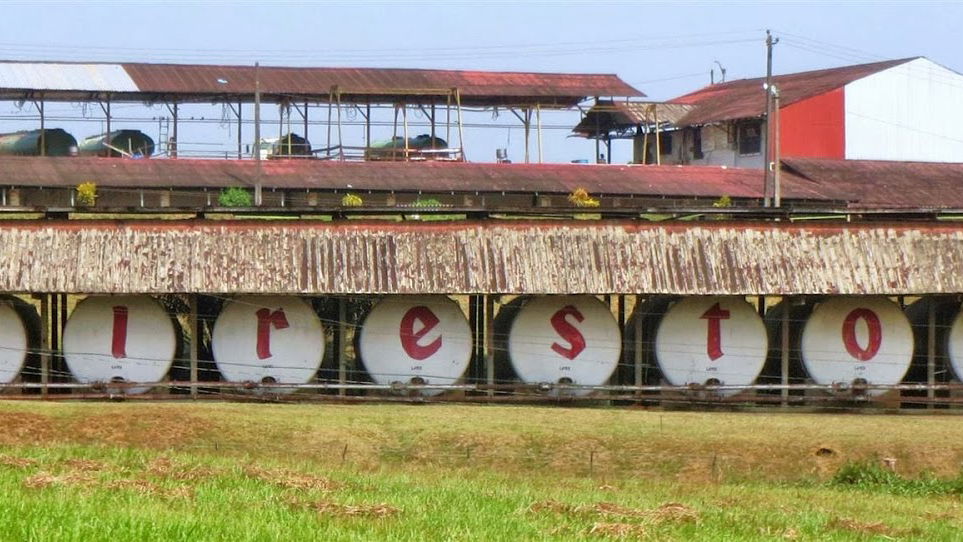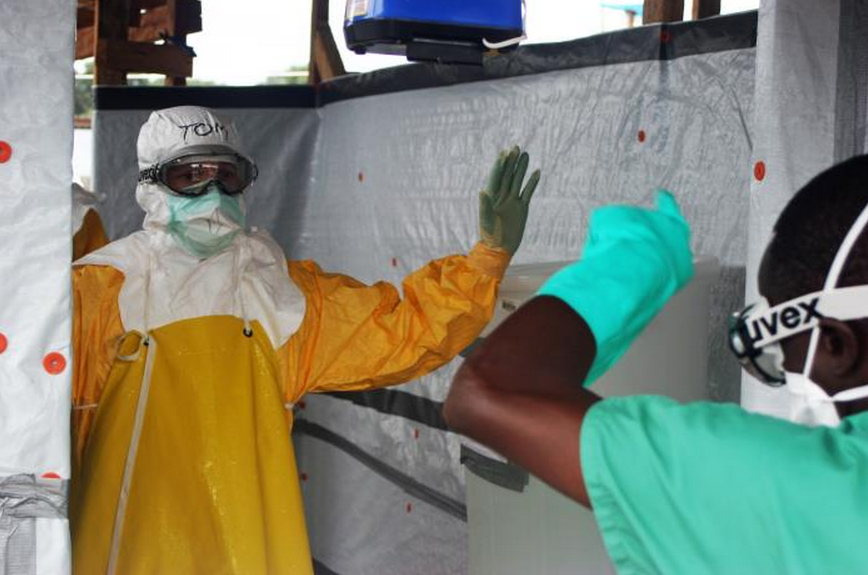How Tyre Manufacturer Firestone Managed To Shut Down Ebola More Efficiently Than Any Government

Harbel, Liberia, is a Firestone town. It is named after the Firestone Tire and Rubber Company’s founder, Harvey and his wife, Idabelle, and is located a short distance from the country’s capital, Monrovia.
Harbel is home to a massive Firestone plantation and has a population of 80,000 people. On 30th March, the first case of Ebola made its way onto the company’s grounds. NPR reports that an employee’s wife arrived from northern Liberia, where she had been caring for a sick woman, and was diagnosed with the disease herself.
When the woman arrived, Firestone staff tried to find a local hospital to treat her in, but nowhere had the facilities. It was then that Ed Garcia, the managing director of Firestone Liberia, “quickly realised that we had to handle the situation ourselves.” The day after she arrived, Garcia and a team from the company hospital had set up an Ebola ward. Within 48 hours the woman was placed in isolation.

Incredibly, the team used the internet to find out how to treat Ebola, as none of the medical professionals had any experience with the disease. The isolation ward was set up in a building within the hospital’s grounds, while doctors wore hazmat suits usually used by Firestone staff to deal with chemical spills.
Sadly, the employee’s wife died soon after, but since Firestone had quarantined her family and others she’d come into contact with, no one else got infected. Not her family, not the doctors who treated her, nor the people who transported her. In fact, the only people who’ve received treatment at the Firestone ward have been brought in from out of town.
Following the original Ebola case, the company didn’t encounter the disease for another four months, but in August cases snowballed, and the company’s sole focus became treating patients and containing the disease. The isolation ward was expanded, schools that had been shut down by the government became quarantine centres, and their teachers were employed to educate locals on the disease.
Even with the power and money of a large corporation, the battle with Ebola is far from easy. Of the hundreds of patients admitted to the hospital, 72 cases were detected, with only 18 surviving. Currently just three patients remain in Firestone’s care; all are young boys.
As Ebola spreads out of control across Africa, Firestone has managed to stop the disease’s spread within its massive property. The great news is that this proves it can be stopped. The bad news is that you need money to do it. In countries such as Liberia, without the cash or resources to contain the disease, we can only hope that more corporations jump in and use their power for good.
Comments